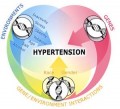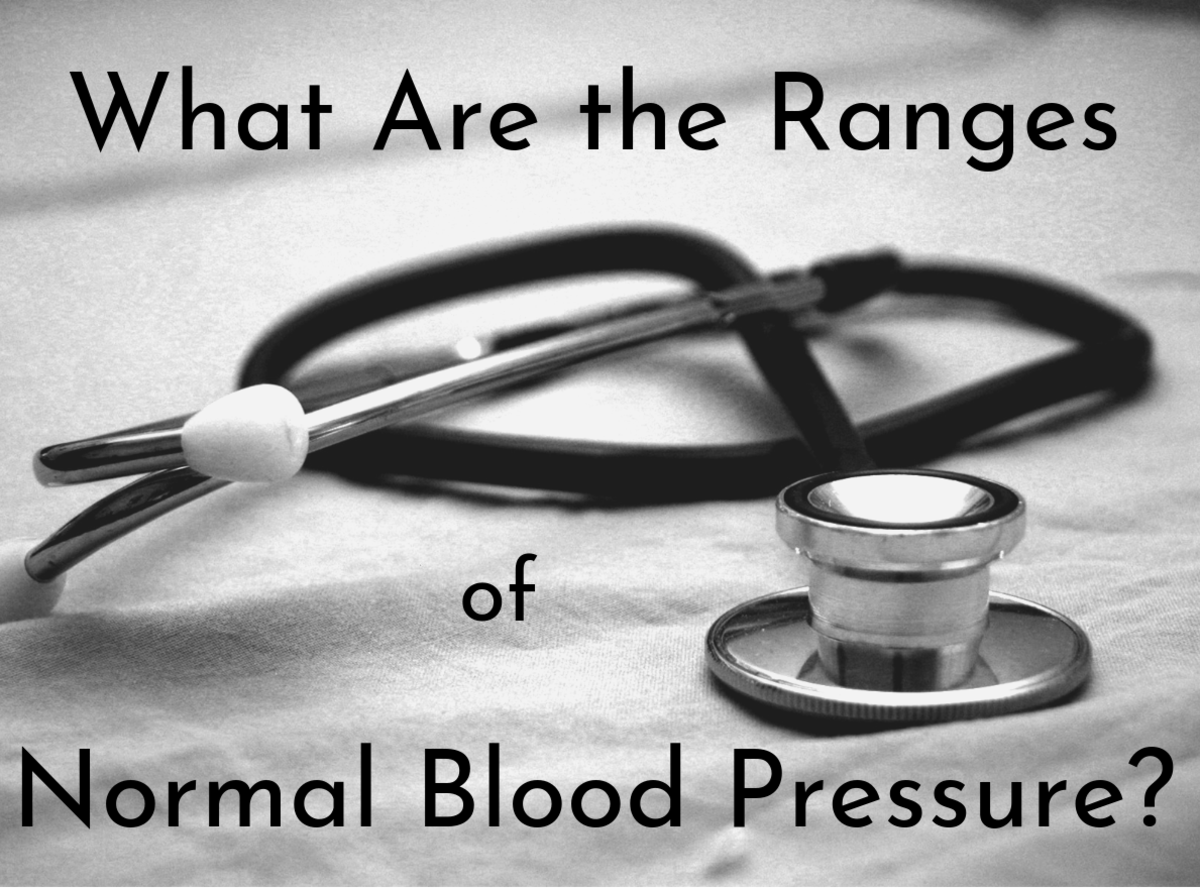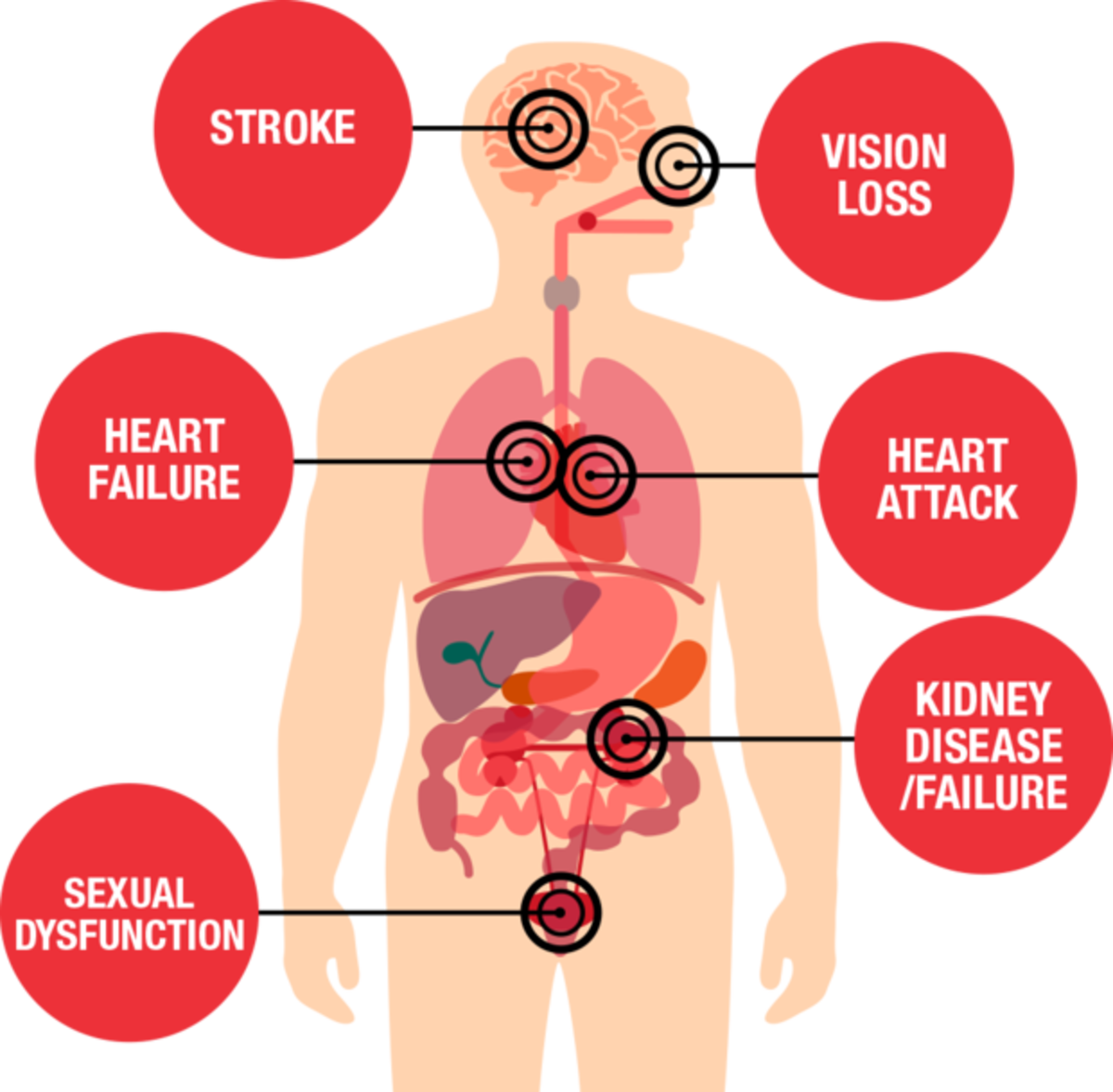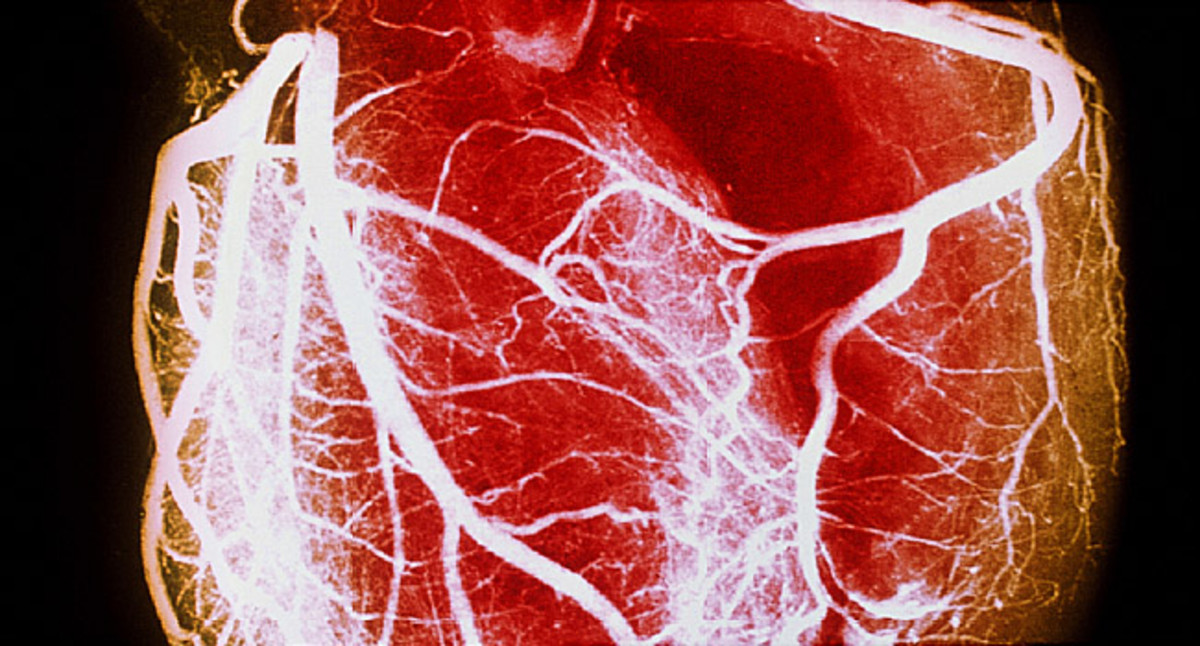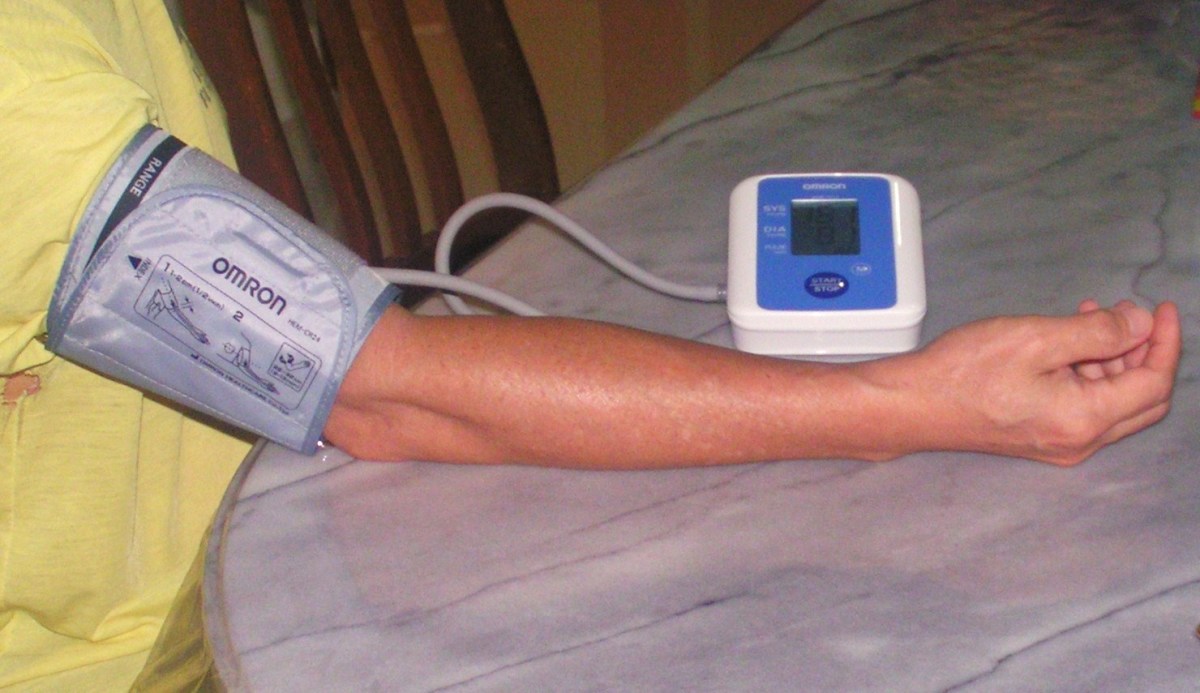Essential Facts About Hypertension
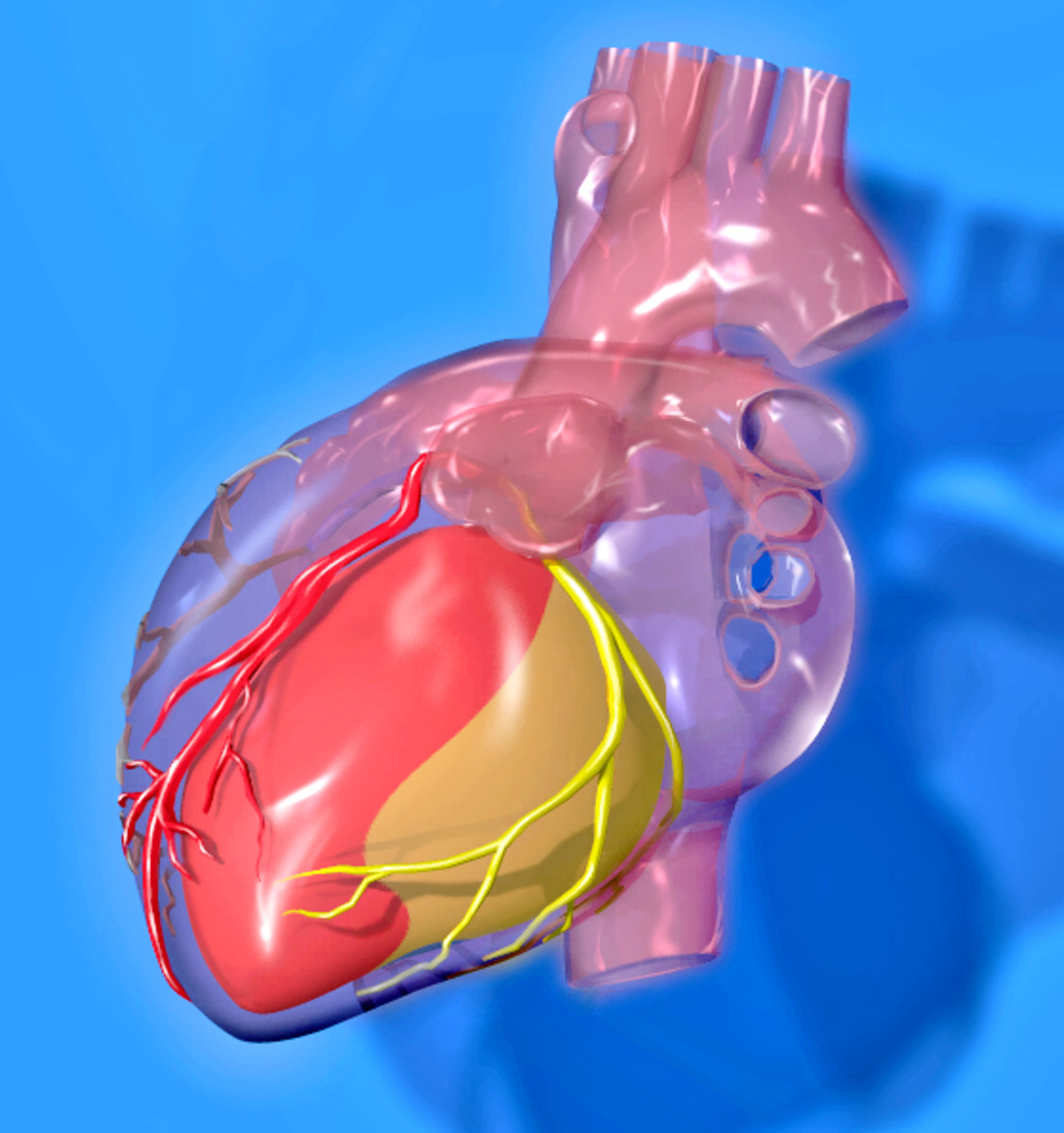
The World Health Organization (WHO) points to hypertension as the principal cause of cardiovascular mortality. You may know that adults are susceptible to this medical condition. However, do you know that even children and infants can be affected by hypertension? Although neonatal hypertension is rare (0.2%^ - 3%) it still exists. According to the report on high blood pressure trends by Din-Dzietham and his colleagues, hypertension among children is on the rise. As much as 2% - 9% (depending of specific demographics) of children suffer from this disease. Pediatrics, a publication on child health suggests that taking of blood pressure of children during routine checkups must start at the age of 3.
This underscores the severity and importance of addressing the problem immediately. To start the battle against this silent killer, we should know the basics first.
What is hypertension?
Hypertension is a chronic medical condition where the blood pressure is high. Medical professionals categorize hypertension in two ways: primary and secondary. Primary hypertension is elevated blood pressure without apparent underlying causes. This type comprises 90% - 95% of hypertension cases. On the other hand, secondary hypertension is elevated blood pressure due to other medical conditions such as problems with the kidneys, heart or the endocrine system.
In 2005, estimates by The Lancet put the prevalence of hypertension at around 1 billion people worldwide. Also, they estimate that by 2025, as much as 1.56 billion will have to live with this condition. In addition, according to the Center for Disease Control as much as 33% of American adults, ages 20 years up had hypertension as reported in a 2009 study.
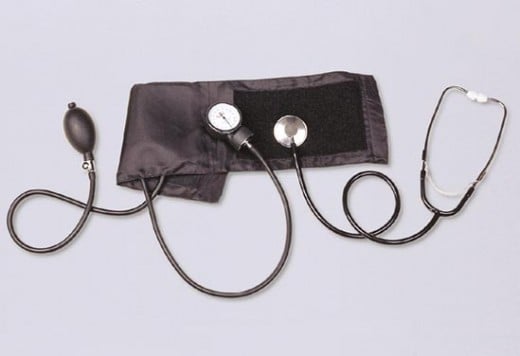
What is blood pressure and how is it measured?
The heart pumps around 2-3 ounces of blood every beat at a rate of 60-70 beats a minute. To circulate the blood throughout the body requires a certain amount of pressure. This force that propels the blood is blood pressure. Furthermore, the force exerts pressure against the blood vessels as blood is pushed through the circulatory system.
Blood pressure is measured using a sphygmomanometer. That’s the inflatable cuff that’s placed on the arm. Blood pressure actually measure two values. The first one is when the heart pumps out blood from the heart called systole. The other is when the heart is at relaxed and refilling called the diastole. Combined, these two numbers show the pressure exerted when pumping and when at rest. A reading such as 120/90 means a systolic pressure of 120 mmHg (beating) and a diastolic pressure of 90 mmHg (resting or refilling). Currently, hypertension is defined as having consistently high systolic and/or diastolic pressure. For individuals 18 years and older, this is blood pressure above 139/89
JNC7 Classification of Hypertension
Classification
| Systolic Pressure (mmHg)
| Diastolic Pressure (mmHg)
|
|---|---|---|
Normal
| 90 - 119
| 60 - 79
|
Prehypertension
| 120 - 139
| 80 - 89
|
Stage 1
| 140 - 159
| 90 - 99
|
Stage 2
| equal or greater than 160
| equal or greater than 130
|
What are the risks of high blood pressure?
People with high blood pressure are at risk for more serious and sometimes fatal conditions. Stroke, heart attack, heart failure, arterial aneurysm and peripheral arterial diseases are some risks faced by individuals with elevated blood pressure. Research has shown that even a moderate increase can shorten the life expectancy of an individual. Right now, 60 million Americans are affected by this condition.

What are the causes of hypertension?
Hypertension can stem from different causes. It ranges from genetics to environmental factors and even lifestyle. Moreover, physiologically speaking, blood pressure is expected to increase as one ages. However, its onset can vary from person to person. Genetic encoding can also play a critical role whether one has it or not. Odd of having hypertension increases when both parents have it. Moreover, African Americans have twice the risk of hypertension compared to Caucasians. As for lifestyle, certain habits like poor diet, smoking, alcohol and stress level can affect one’s blood pressure.
How do I know if I have hypertension?
In most cases, you will not know if you have hypertension unless you get blood work. It is not called the “silent killer” for nothing. Furthermore, the disease can do much damage without the person knowing it. Many people with hypertension report headaches, discomfort of the nape, nausea, vertigo, buzzing of the ear (tinnitus) and lightheartedness. These can be signs and symptoms of other diseases or medical problems. Regardless of the cause, it pays to get some tests just to be sure. Knowing what you're up against can give you a fighting chance.
Beyond BP checks
System to check
| Test
|
|---|---|
Renal system
| urinalysis, blood urea nitrogen test (BUN)
|
Endocrin system
| sodium, potassium, calcium levels
|
Metabolic functions
| Fasting Blood sugar, lipid profile
|
Miscellaneous
| ECG
|
How do you prevent and treat hypertension?
Studies conducted on hypertension suggest numerous ways to prevent this condition. Among the suggestions include lowering of stress both psychological and physical. This means getting enough rest, limit work load, reducing emotional fatigue, appropriate physical activities/exercise and eating healthy. Moreover, kicking bad health habits like smoking, excessive drinking can reduce the risks of hypertension. Of course it is important to consistently monitor one’s health through regular checkups.
Knowing you are healthy provides peace of mind. But with this silent killer, it is always best to be on our toes. Knowing more about this serious medical condition can give everyone a fighting chance to prevent it and even treat it. What is important is to act immediately.
Quick Queries
- When was the last time you had a complete physical exam?
- Is your lifestyle heart-friendly?
- What changes do you intend to do to improve your health and lower your risks?

